Millions Flow as Kindiki Strengthens Political Outreach in Mount Kenya Counties
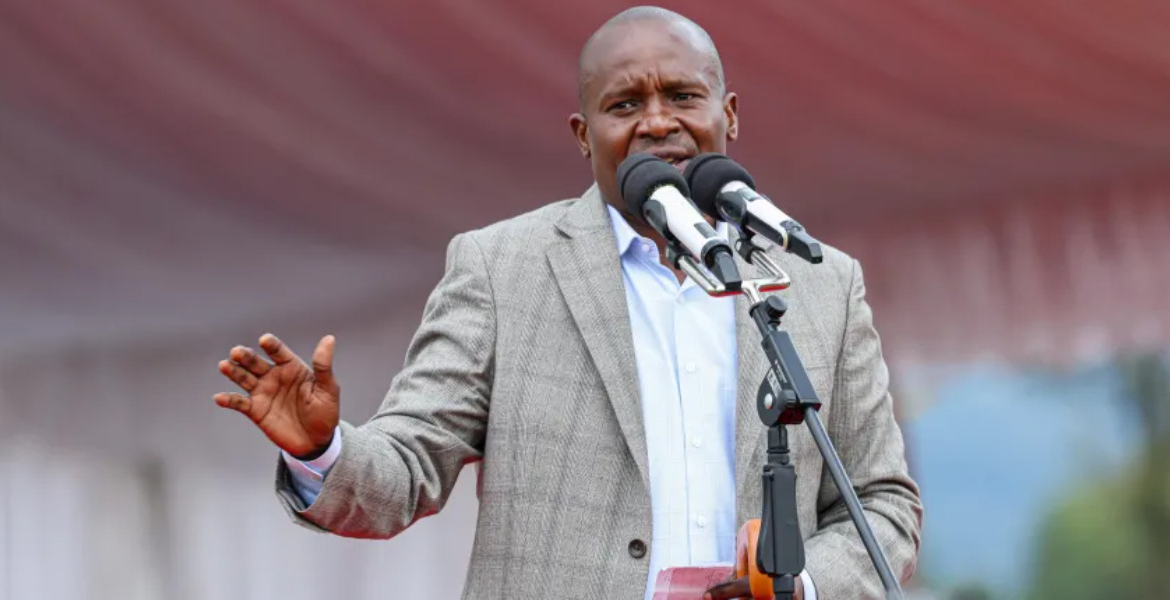
Deputy President Kithure Kindiki's recent extensive tours across Kenya, particularly in the pivotal Mount Kenya region, have ignited a vigorous debate regarding the origins and political motivations behind his substantial financial disbursements to local community groups.
These contributions, framed as initiatives for economic empowerment, have been met with both acclaim and scrutiny, prompting questions about transparency and the broader implications for the 2027 general election. Since February, Kindiki has engaged in a series of high-profile visits to counties, including Nakuru, Kiambu, Kirinyaga, Nyandarua, Meru, Murang’a, and Kisii, where he has distributed significant funds to various recipients, including boda boda operators, women's groups, and religious institutions.
While these donations have been welcomed by some as vital support for struggling businesses and grassroots organisations, they have also raised concerns about the source of these funds and whether they represent an attempt to curry favour ahead of the upcoming elections. An official spokesperson for Deputy President Kindiki explains that the funding for these initiatives comes from external donors, both domestic and international, who have expressed a willingness to support the Deputy President’s programs.
The official has, however, declined to provide specific details regarding the identities of these donors or the mechanisms through which the financial assistance is provided. Kindiki's high-profile donations are not an isolated incident. Several other prominent government figures, including Senate Majority Leader Aaron Cheruiyot, National Assembly Majority Leader Kimani Ichung’wah, Majority Whip Sylvanus Osoro, and President William Ruto’s personal aide, Farouk Kibet, have also been involved in substantial fundraising activities across the country.
During the Gen Z protests that swept across Kenya in June 2024, President Ruto faced criticism over perceived detachment from the concerns of ordinary citizens, exacerbated by displays of wealth among high-ranking officials. In response, President Ruto proposed legislation to ban public fundraising, commonly known as “harambees,” by state officers, emphasising the need for more structured and transparent philanthropic contributions.
The Public Fundraising Appeals Bill, 2024, was subsequently introduced but encountered significant resistance in the Senate. Due to mounting opposition, Senate Majority Leader Cheruiyot was forced to postpone deliberations on the bill.
Despite the pause in legislative action, large-scale donations from top government officials have persisted, suggesting that political contributions remain a key strategy for cultivating influence and consolidating support.
Analysts interpret Prof. Kindiki’s activities as a carefully planned strategy to bolster support for the Kenya Kwanza government, particularly in regions where opposition sentiment has been growing. Political analyst Prof. Tom Nyamache argues that the Deputy President's visits are strategically targeted to areas where the government’s support base has been weakening.
"If you examine the locations he has visited—places like Naivasha and Karatina—it becomes clear that these are areas where the government’s support base has been weakening," Nyamache stated. "By directly engaging communities through financial contributions, the Deputy President is seeking to rebuild trust and confidence in the administration."
Lawyer and political analyst Steve Kabita echoes this sentiment, describing the initiative as a strategic move to reassure key voting blocs that President Ruto remains firmly in control. The Mount Kenya region, long considered a critical political stronghold, has been a particular focus for Kindiki’s engagements. The region has witnessed growing discontent with the current administration, and the Deputy President's disbursement of millions of shillings to various groups, including boda boda riders, market traders, and women-led organisations, has drawn both praise and scepticism.
Naivasha Member of Parliament Jayne Kihara, a close ally of former Deputy President Rigathi Gachagua, has openly questioned the source of the funds, arguing that such lavish contributions raise transparency concerns. "We have seen the Deputy President and his associates dishing out cash across various regions, but where is all this money coming from?" she asked.
Kindiki maintains that his empowerment efforts are driven by a genuine concern for economic development, not political manoeuvring. During a recent engagement in Murang’a County, he stated that his outreach would continue, adding, "This is only the beginning—there is more where that came from."
As Kenya approaches the 2027 elections, the activities of key political figures, including Kindiki, are being closely scrutinised for their potential electoral impact. Analysts predict that his efforts to empower small-scale traders, boda boda riders, and farmers could pay off by bolstering political goodwill, especially in regions where Kenya Kwanza’s popularity has waned.
The presence of Kindiki in areas previously associated with Gachagua's stronghold raises speculation about his role in reshaping the political dynamics within the region.

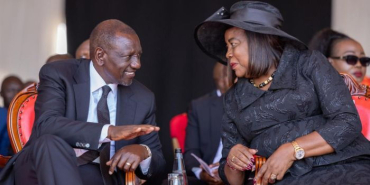
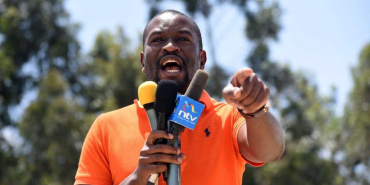
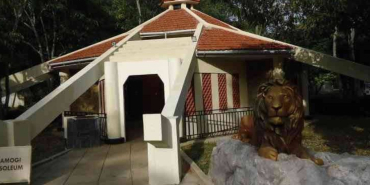
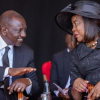



Add new comment